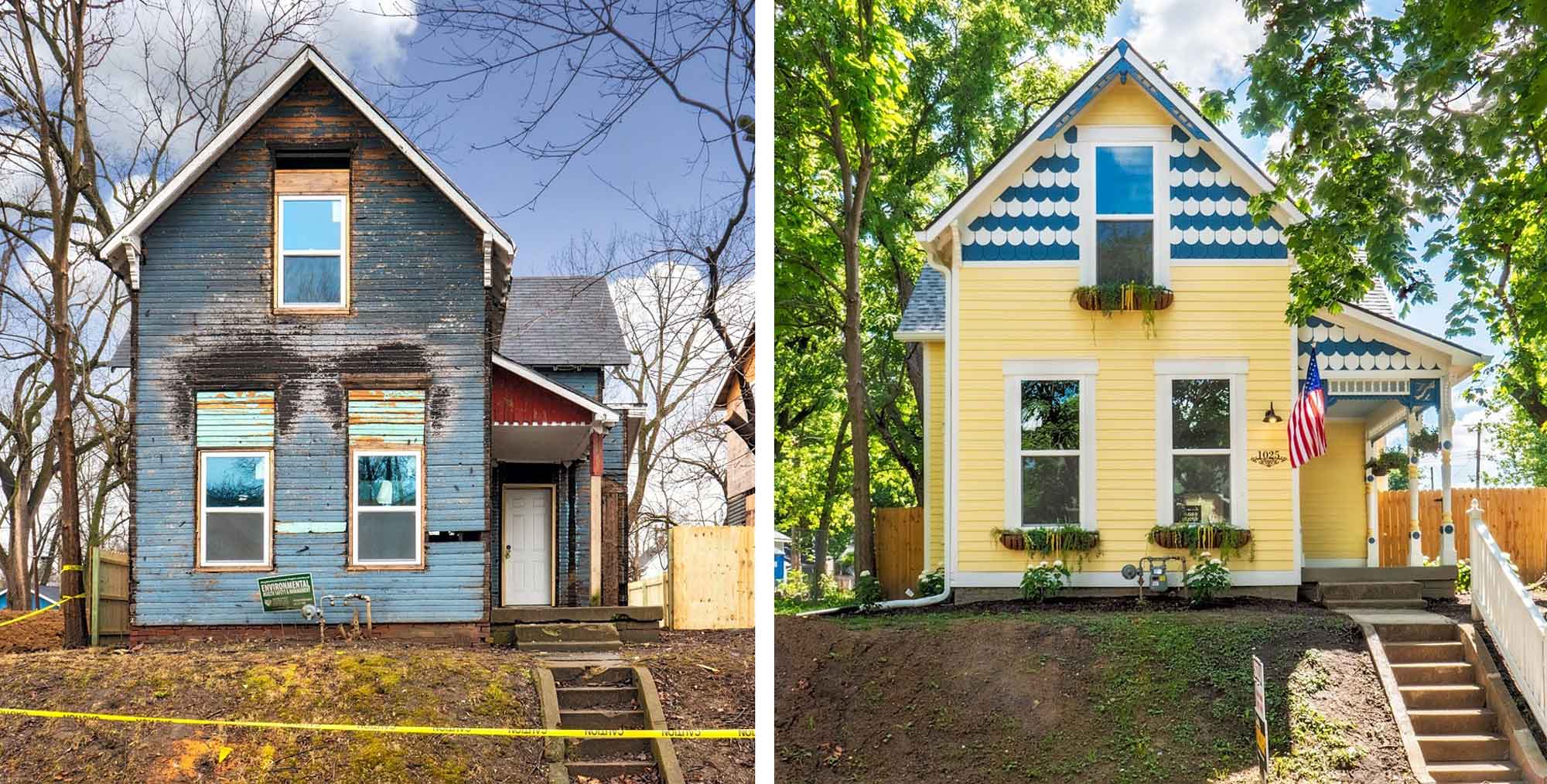
House Flipping with an FHA 203k Loan: A Calculated Leap or Risky Gamble?
4/7/2024
The allure of house flipping beckons – buying a fixer-upper, injecting renovations, and selling it for a tidy profit. But can the FHA 203k loan, designed for owner-occupants, be used for this strategy? The answer is a nuanced one, requiring careful consideration of the program's limitations and potential alternatives.

The FHA 203k: A Powerful Tool, But Not for Flipping
At its core, the FHA 203k program aims to help people purchase and renovate a property they intend to live in as their primary residence. The program offers attractive features like lower down payments and flexible credit score requirements, making it easier for many to achieve homeownership with needed renovations.
However, there's a crucial catch: FHA regulations typically require you to occupy the property as your primary residence for at least one year after the renovation is complete. This residency requirement throws a wrench into the traditional house flipping strategy of buying, renovating, and selling quickly.
Alternatives for Financing Your Flip
So, if the FHA 203k isn't the answer for flipping houses, what other options are available? Here are two common routes:
- Conventional Renovation Loan: These loans, offered by private lenders, are specifically designed to finance renovations on an existing property you already own or are buying. They typically require a larger down payment and stricter credit score qualifications compared to the FHA 203k, but they come without the residency requirement.
- Hard Money Loan: Hard money loans are short-term, bridge loans from private lenders. They often have higher interest rates and stricter terms, but they offer faster approvals and can be a good option for experienced flippers who need financing to acquire and renovate a property quickly before selling it.
Important Considerations Before Taking the Plunge:
Flipping houses can be a risky business, and careful planning is crucial. Here are some key factors to consider:
- Market conditions: Is the housing market in your area conducive to flipping? Are there enough buyers looking for renovated properties?
- Renovation expertise: Do you have the experience or a qualified team to manage the renovation process effectively and avoid cost overruns?
- Financial resources: Beyond the down payment and renovation costs, consider holding reserves for unexpected issues and potential carrying costs if the property takes longer to sell than anticipated.
The Verdict: Explore Other Avenues
While the FHA 203k loan offers undeniable benefits, it's not suitable for traditional house flipping strategies due to the residency requirement. Consider conventional renovation loans or hard money loans, depending on your financial situation and risk tolerance. Remember, house flipping involves inherent risks, so thorough research, a solid renovation plan, and a realistic understanding of market conditions are essential before taking the plunge.
Thinking of flipping houses? Explore financing options that align with your goals and risk tolerance. There's a path to success, but the FHA 203k loan likely isn't the vehicle to get you there.
